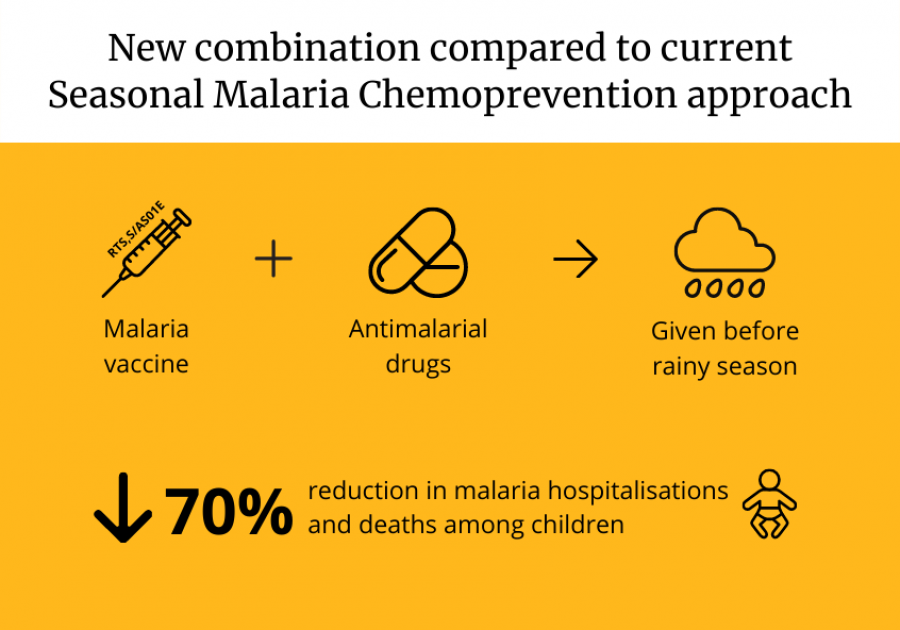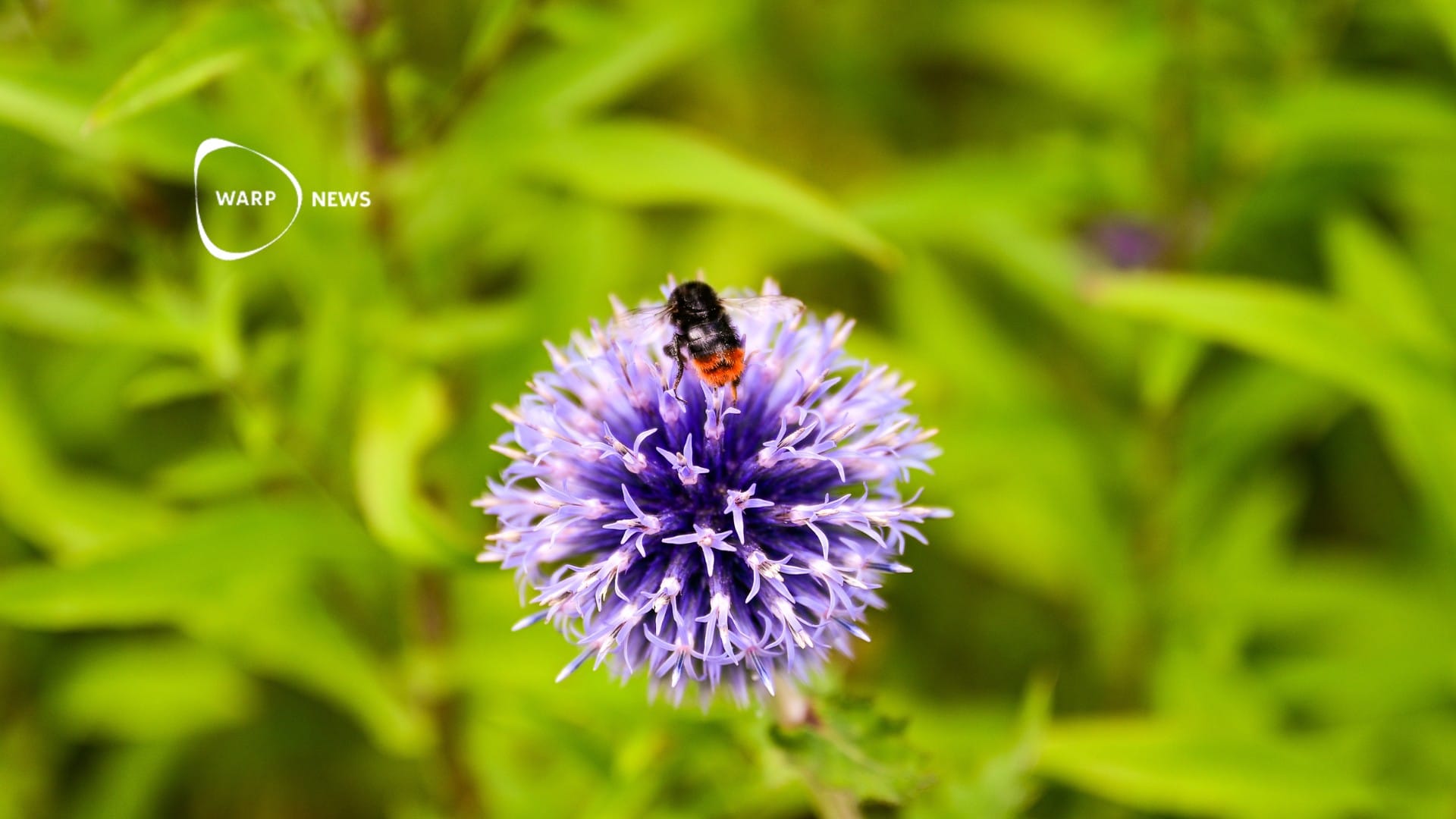
💉 New method reduces severe malaria in children
A combination of existing treatments administered at the right time drastically reduces the number of children who falls seriously ill or die of malaria.
Share this story!
In 2019, 274,000 children died of malaria, but a new method could bring that figure down dramatically. In an experiment in Burkina Faso and Mali, the number of children in need of hospital care decreased by as much as 70 percent.
The method has been developed by an international research group and does not require any new medicines. The researchers instead combined an existing malaria vaccine with malaria medicine. It later turned out that the time of administration was of importance.
On average, the vaccine provides 50 percent protection. But in the months immediately following vaccination, the vaccine provides 70 percent protection. Malaria is most difficult during the rainy season, so the researchers started treatments just before the season started.

"The results from the experiment were much more positive than we had expected. Our work has shown that adapting treatment to the season, in the same way that flu vaccines are given in certain seasons, has the potential to save millions of young lives in the Sahel region. It is also important to note that we did not detect any worrying side effects", says Daniel Chandramohan, professor at the London School of Hygiene & Tropical Medicine and one of the researchers behind the study, in a press release.
For the method to work, it requires that a large proportion of the children in an area receive the treatment. Therefore, the researchers want to see more research on how the treatment can be scaled up so that all children in the risk area can receive the treatment.
Image: Pixabay/Ulrike Mai
By becoming a premium supporter, you help in the creation and sharing of fact-based optimistic news all over the world.


